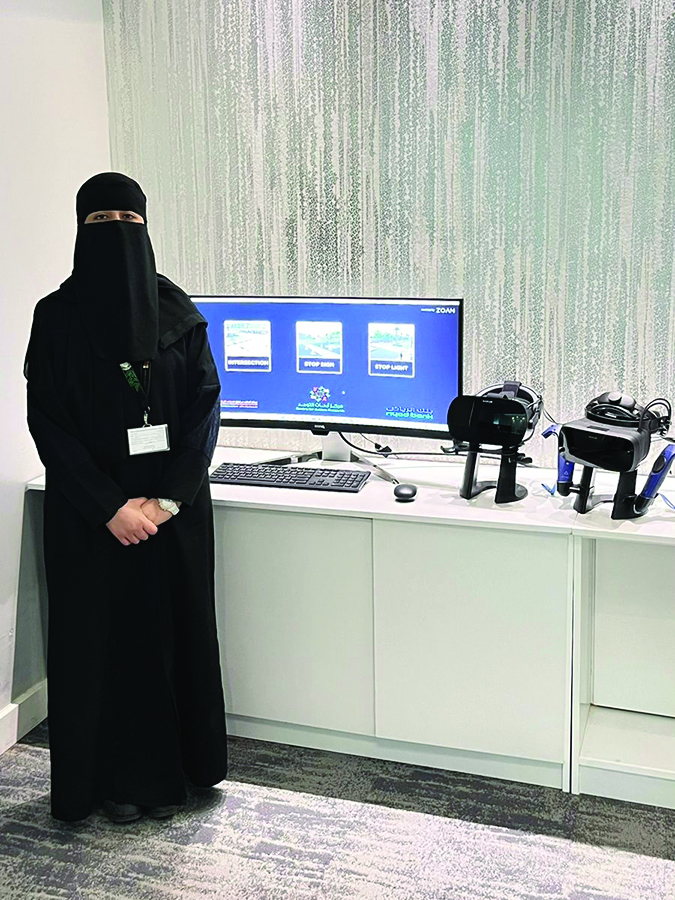If one important component of well-being is a passion for one’s work, Hana Saad Alarifi ’13 is the embodiment of that passion. She came to her profession through the desire to meet a compelling personal challenge head on.
Alarifi, a citizen of Saudi Arabia, arrived at the University of La Verne as an international student in 2009, graduating with a bachelor’s degree in computer science and computer engineering.
“When I graduated from La Verne and went back to Saudi Arabia, my son Ayad was nearly two years old. I had started to see some unfamiliar symptoms and behaviors in him, and I wondered about his diagnosis,” Alarifi said. When she returned to the United States to begin her graduate degree in computer science, she took her son to a pediatric neurologist.
“He mentioned the word ‘autism.’ I was in shock and denial for a few weeks,” she said.
The diagnosis drove Alarifi to pursue an additional graduate degree in psychology that she hoped could help her find answers.
“I said ‘How can I use my education to help him, and to help other children with autism like him?’”
Following her graduation from California State Polytechnic University, Pomona in 2018, Alarifi went home to Riyadh and followed her quest to King Faisal Specialist Hospital and Research Centre, one of the country’s most renowned medical facilities with a dedicated Center for Autism Research. There, she became a software and program developer and began working with Dr. Hesham Aldhalaan, the center’s director and a doctor of pediatric neurology.
As part of her work, she attended a special training course in Copenhagen where she was “imotion certified,” a designation from a Danish company that develops biometric data collection software, including eye tracking data and facial expression analysis.
After her certification, Alarifi returned to Riyadh where the hospital established its own human behavior laboratory at the Center for Autism Research.
“We were able to purchase high-end equipment, and I began to collaborate with consultants on simple and objective measurements for autism screening using visual stimuli,” Alarifi said. “Individuals on the autism spectrum have different visual behaviors. It is interesting to capture and compare those differences and find patterns to build our own objective screening tool based on eye tracking data.”
The first project of Alarifi’s lab was developing an artificial intelligence model that would screen and predict autism based on eye tracking data. Collaborating with professionals in Great Britain, the United States, Denmark, and Sweden, the groundbreaking findings will be published this year.
Alarifi said that while at University of La Verne, she was inspired and supported by professors, like Seta Whitby and Ahmed Ispahani, who championed her work and challenged her to see the world with a different perspective.
“I was coached by remarkable individuals who teach with passion, grace, and wonderful values,” Alarifi said. “I wouldn’t have had the same opportunity to learn from professors like them anywhere else.”
